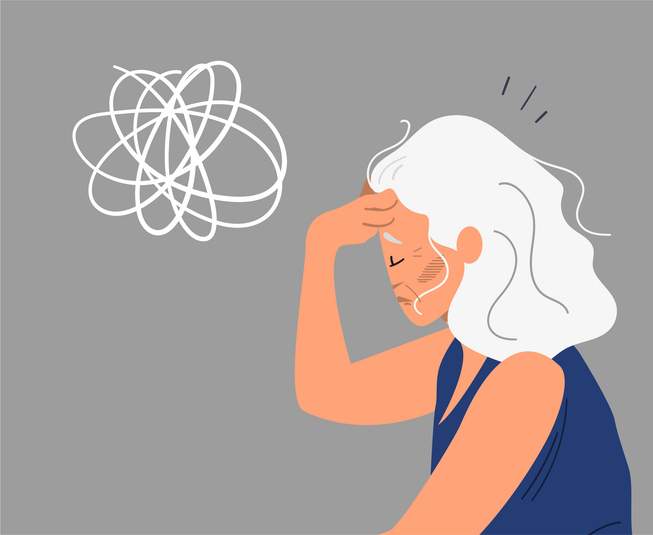The relationship between anxiety and dementia is a complex issue, but understanding it can help us take steps toward better mental and physical health as we age.
The Growing Challenge of Dementia
Dementia is a significant global concern. In 2020, over 55 million people were living with this condition. By 2030, this number is expected to jump to 78 million, and by 2050, a staggering 139 million people could be affected. The financial burden is equally alarming, with global costs estimated at $1.3 trillion in 2019, potentially rising to $2.8 trillion by 2050. Dementia was the seventh leading cause of death globally and the second in high-income countries in 2020.
The Anxiety-Dementia Connection
Research into the link between anxiety and dementia has produced mixed results, primarily because many studies only measured anxiety at a single point in time. This approach fails to consider how anxiety can change over time and how its persistence (chronic anxiety) versus resolution might impact dementia risk.
Key Findings from Recent Research
A study from Australia delved deeper into this relationship, focusing on older adults and examining how chronic, resolved, and new onset anxiety affected dementia risk over a 10-year period. The study revealed some crucial insights:
- Chronic Anxiety: Older adults with chronic anxiety (persistent over several years) had a significantly higher risk of developing dementia. This aligns with the understanding that chronic stress can lead to harmful physical changes in the brain.
- New Onset Anxiety: Surprisingly, new anxiety that developed later in life also increased dementia risk. This suggests that any significant anxiety, whether long-standing or newly developed, is a red flag.
- Resolved Anxiety: On a positive note, those who experienced anxiety at one point but later resolved it did not show a significantly higher risk of dementia. This underscores the importance of effective anxiety management.
The Age Factor
The study also highlighted that the impact of anxiety on dementia risk was more pronounced in individuals under 70. This finding suggests that managing anxiety earlier in life could be crucial in reducing dementia risk later on.
Practical Takeaways
So, what does this mean for us? Here are some practical steps to consider:
- Manage Anxiety: If you or a loved one experiences chronic anxiety, seeking help from a mental health professional is crucial. Therapy, mindfulness practices, and medication can all be effective.
- Healthy Lifestyle: Engage in activities that promote overall brain health, such as regular physical exercise, a balanced diet, and staying socially active.
- Stay Informed: Awareness is key. Understanding the signs of anxiety and dementia can lead to early intervention and better outcomes.
By addressing anxiety proactively, we can potentially reduce the risk of dementia and improve our quality of life.






Add Your Voice
0 Comments
Join the Discussion